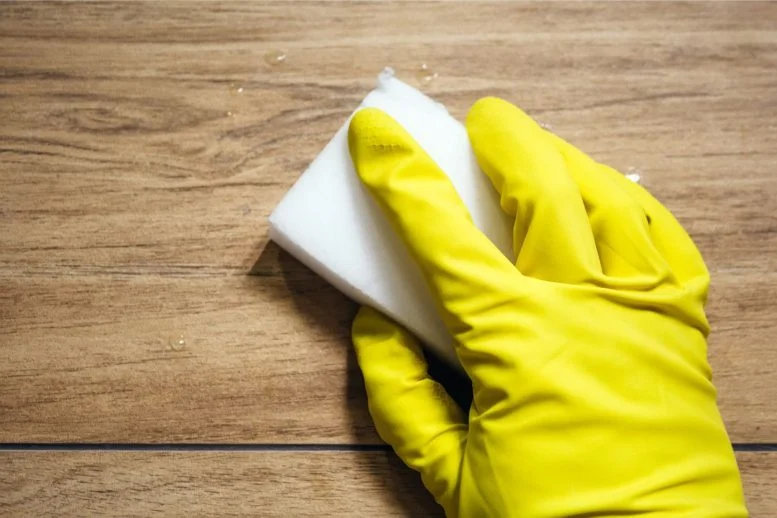Melamine sponges, renowned for their ability to remove tough stains without additional cleaning agents, pose an environmental threat due to their release of trillions of microplastic fibers monthly. These sponges, composed of poly(melamine-formaldehyde) foam, degrade into smaller particles with use, which then enter sewer systems and potentially harm wildlife. A study in ACS’ Environmental Science & Technology estimates these sponges contribute over a trillion microplastic fibers to the environment each month.
The foam’s structure, comprising rigid plastic strands in a soft, abrasive foam, makes it effective for cleaning but prone to shedding fibers as it wears down. Researchers Yu Su, Baoshan Xing, Rong Ji, and colleagues explored how sponge density and surface roughness affect its degradation rate and fiber release.
Their experiments with sponges from three popular brands showed that denser sponges degrade slower and emit fewer microplastic fibers than less dense ones. They calculated that a single worn-out sponge releases about 6.5 million fibers per gram, assuming an average wear of 10%. Based on sales data, they estimate global monthly fiber release from these sponges could reach 1.55 trillion, highlighting a significant environmental impact.
To mitigate this, the researchers recommend manufacturing denser sponges resistant to wear and promoting natural cleaning alternatives that do not contribute to plastic pollution. They also advocate for implementing filtration systems in homes and wastewater treatment plants to capture microplastic fibers effectively.

